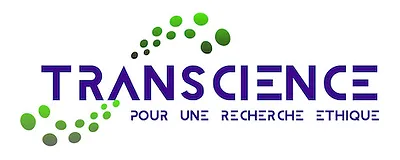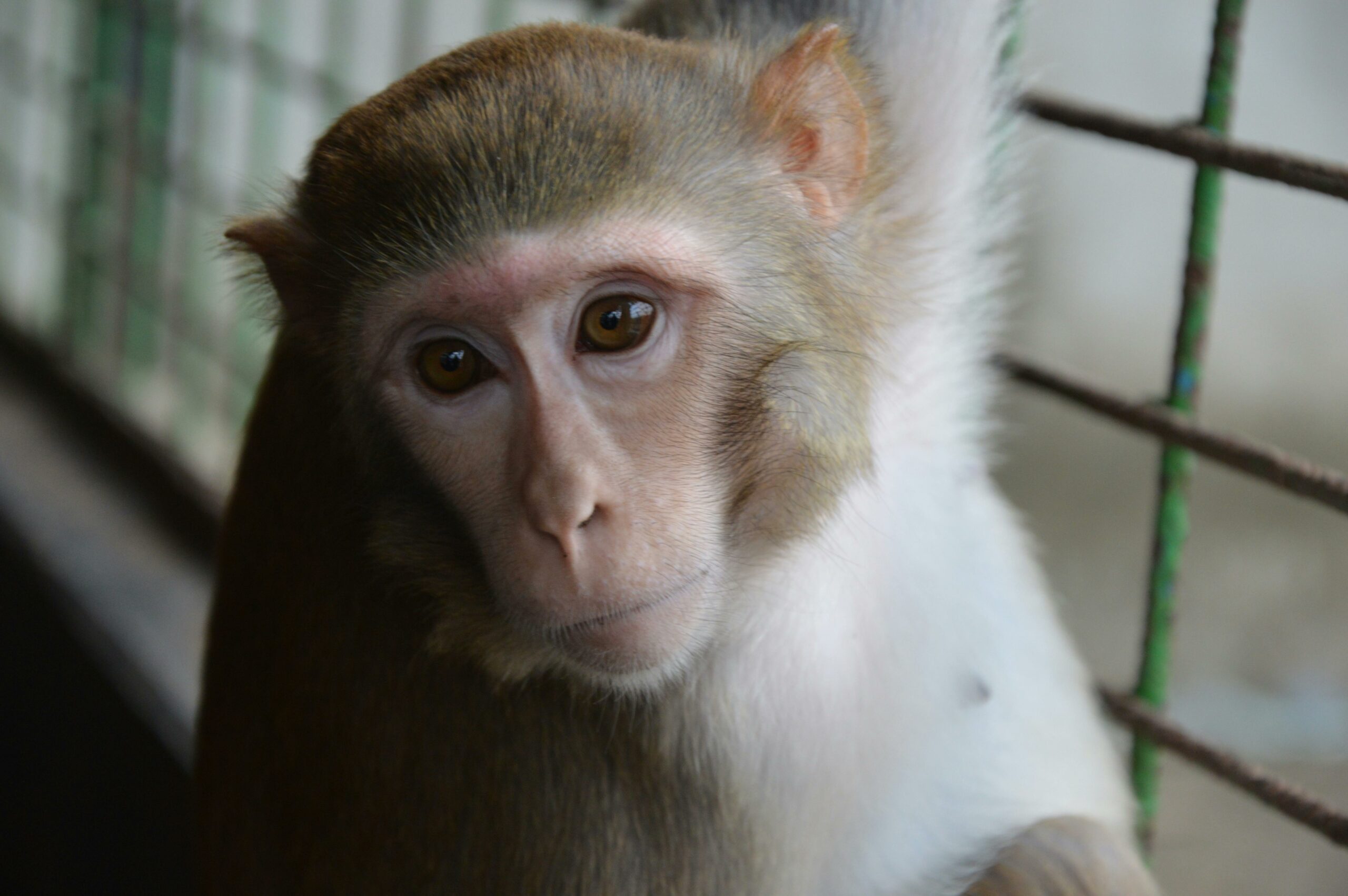Animal Suffering: The Ethics and Politics of animal lives. dir: F. Burgat, E. Dardenne, Wiley, 2023
The collective work “Animal Suffering” deals with the animal condition in its most painful aspects, in the broadest possible sense. This interdisciplinary work focuses on animals under human guardianship, but does not ignore the suffering of those who live free. It gives priority to concrete situations in which animals endure suffering under human control: the capture of individuals destined for European zoos, the butchery of dogs in South Korea, pig farms in China, animal experimentation in Europe.
The aim of this book is to provide as relevant a picture as possible of the commodification of animals, and the way in which they are commodified, in order to reflect on these phenomena. It also looks at the quantification of altruism towards animals, at the moral problem of the different types of damage they suffer, and then at the views of veterinary science, biology and applied ethics on their emotions, suffering and death.
Chapter 5 (pp. 85-109) entitled “How do the regulations and the various stakeholders take the pain of animals subjected to experimental procedures into account” was written by Muriel Obriet, President of Transcience.
This chapter uses figures and the regulatory approach to pain in laboratory animals to describe and analyze the nature of the procedures to which they are subjected. It analyzes the workings of assessment bodies, the pressure exerted by lobbies and the obstacles to taking animal interests into account.
Access: Animal Suffering | Wiley Online Books
Animal consciousness: collective scientific expertise from INRA, commissioned by the European Food Safety Authority. Ed. Quae, 2018
Editorial coordination: Pierre Le Neindre, Muriel Dunier, Raphaël Larrère, Patrick Prunet.
This multi-disciplinary expert analysis of a vast corpus of behavioral, cognitive and neurobiological studies tends to show the existence of elaborate contents of consciousness in the species studied to date.
To find out more: Click here
Douleur animale, douleur humaine. Données scientifiques, perspectives anthropologiques, questions éthiques, edited by Jean-Luc Guichet, Ed. Quae, 2010, 216p.
Interrogating animal pain and human pain through each other blurs ordinary distinctions, as animal and human find in this shared ordeal perhaps the most convincing mark of a fundamental proximity. Experience also shows that it is extremely difficult for humans, left to their own devices, to understand a condition whose power and opacity we so often experience to our cost.
It’s true that animals, lacking a language comparable to ours, can’t declare and explain their pain to us – a difference that shouldn’t be underestimated – but their behavior is far from silent in this respect, and gives us a testimony to it that is perhaps more direct than that of words.
In this book, researchers from a wide range of disciplines – biologists, hospital practitioners, ethologists, veterinarians, historians and philosophers – use scientific data to take stock of the question of pain and associated states in animals and humans. By approaching this vital issue from a perspective that goes beyond the strictly human, they bring us closer together, as if the detour via animals enabled us to reduce our distance from our own pain by objectifying it.
In return, for the scientist, the breeder, the citizen, for every human being simply, the recognition of animal pain helps to clarify the ethical bases of an increasingly topical and pressing debate that cannot be postponed indefinitely.




